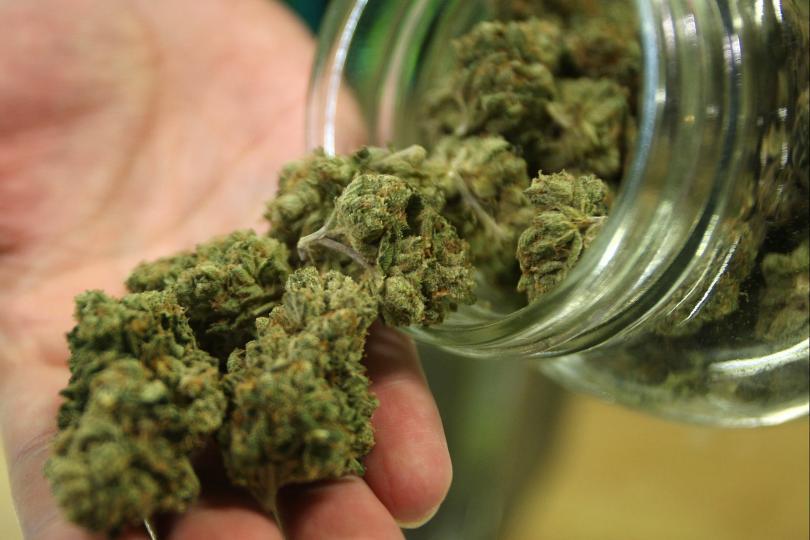
Cannabis Retailers Compete in Denver: Survival of the Fittest

Colorado’s cannabis industry hasn’t fallen short of record breaking, even three years after the first recreational sale. In fact, the industry continues to grow, surpassing the previous revenue records each year.
In the month of March, Colorado hit another record for the highest amount of revenue collected from licensed cannabis retailers, according to the publicly available state sales tax data, at $131.7 million. The Colorado Department of Revenue announced that they collected a hefty $22.9 million in tax revenue during the month of March alone.
Denver, the state’s Capital, is the most populated city in Colorado, home to a whopping 5,540,545 people in the 2016 consensus, according to the U.S. Census Bureau. Naturally, this means that Denver has the highest concentration of cannabis retailers in the state, hosting roughly 400 of the 698 licensed businesses in Colorado.
Cannabis Retailers Compete
With such a large concentration of licensed cannabis retailers in the city, what does this mean for competition? For some of the larger brands, it doesn’t mean much. To smaller business owners, it is becoming much harder to compete with the established brands, and many owners find themselves selling their licensed businesses.
MJBizDaily interviewed the owner of cannabis dispensary 3D Cannabis Center, who went from worldwide media attention for the state’s first legal recreational sale in 2014, to selling her once widely recognized business for $2 million because of the fierce competition.
Many smaller “mom and pop” dispensaries have started to see a decline in sales, even though the state continually hits record high sales numbers. The smaller businesses are especially hurting with the rapid growth, as the prices for licensing, application fees, utilities and rent continue to rise.

Overcoming Obstacles
Another hurdle for competition among the industry is the limited advertising ability for cannabis brands due to the strict state laws. Alas, that has not hindered ads through outlets such as print magazines, radio stations and events, which target a large portion of the Denver population – millennials. Larger companies usually pay to have their brand front and center on a full page ad, or on the front cover of magazines, while smaller brands may only to be able to afford a quarter page ad, if any at all.
Some smaller companies may not have the supply or resources to be able to offer discount coupons, aimed at bringing in more business. You will often see larger brands offering product discounts such as 15% off for first time customers, making it extremely hard for smaller companies to compete if they cannot offer discounted products.
Many companies have now come up with a reward system for customers, marketing directly to their phones or email addresses. Businesses have to come up with extremely creative ways to market their products, because there is a good chance another competitor sits just a few blocks away.
Denver has seen so much growth in cannabis business that they have put a moratorium on new store fronts and cultivation centers, in hopes that they can slow down the competitive industry, and focus on responsible growth.














